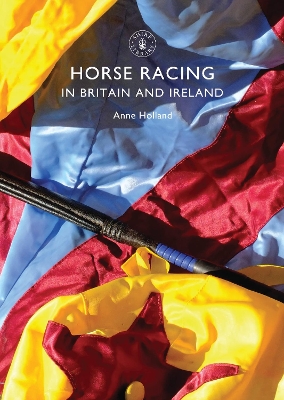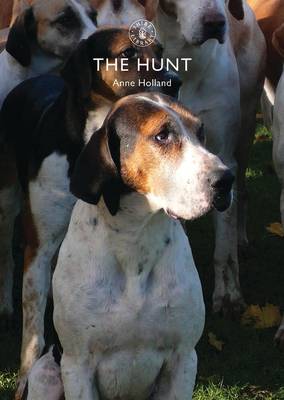Shire Library
2 total works
Often called the sport of kings, horse racing dates back at least to the chariot races of the ancient Olympic Games. Arriving in Britain with the Romans in the first century BC, its popularity among the elite led to the breeding of thoroughbred racehorses and prompted the establishment of a formal racing calendar with flat races and steeple chases at a plethora of dedicated racecourses throughout the country. Now no longer restricted to the aristocracy, a day at the races has become a perennial highlight of the social calendar. Shedding new light on this increasingly popular equestrian sport, Anne Holland here explores the broad history of horse racing from the horses, jockeys and racecourses to the practice of bookmaking and those in the audience.
The long-standing tradition is as much about the horses and hounds as it is about the array of social rituals surrounding the event. The hunt - the riders and their crops, hats and outfits, the horses and the hounds, the stags and foxes, the social rituals and the elaborate tailgating - is an emblem of the upper-class. Hunt expert Anne Holland looks at the hunt as part of the tapestry of British life, from the introduction of recreational stag-hunting by the Normans, through the centuries-long transition from stag to fox and the partial 2005 banning of the hunt in England, Scotland and Wales, including the forms that are still attracting record numbers today around the world.

